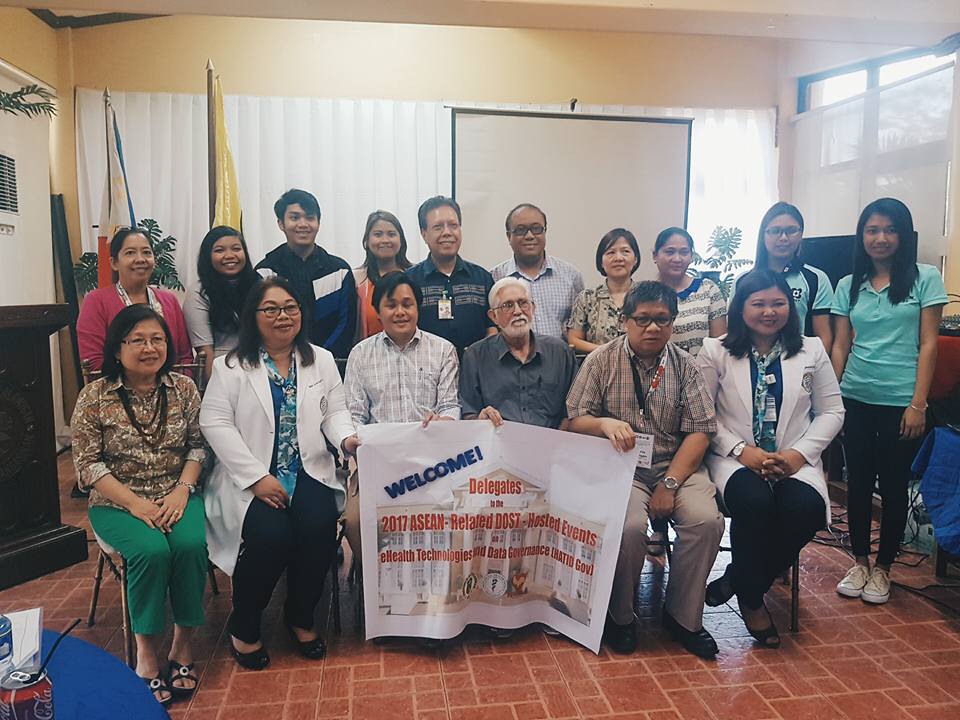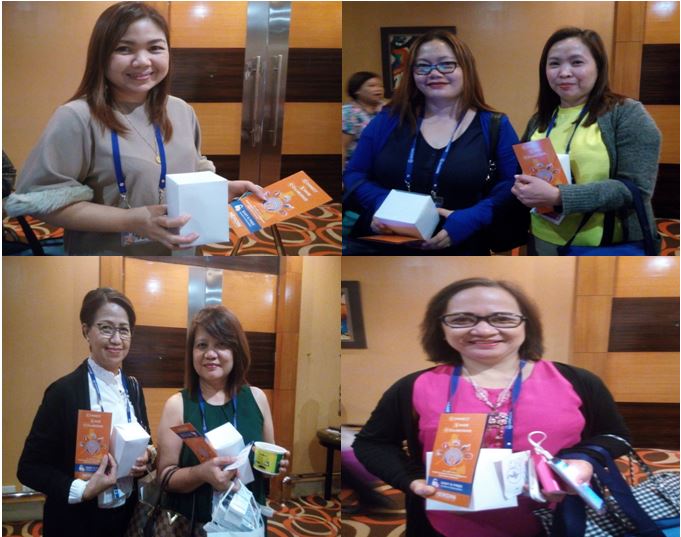Writing for a scholarly journal publication is entirely different from thesis-writing. While the aim of your thesis is to present everything you know and discover on a particular topic, the goal of a journal article is to present research findings in a shorter and more focused format that scientists and researchers can read despite their hectic schedules. Moreover, journal editors sift through several submissions every publication cycle and would not bother reading an article that lacks clarity and brevity.
In the recently concluded 11th National Medical Writing Workshop and 4th Writeshop for Young Researchers held January 30-31 at the Isabela State University – Cauayan Campus, journal-writing experts from the Asia Pacific Association of Medical Journal Editors, together with proficient mentor-facilitators from different health fields, trained health investigators in developing/refining manuscripts that are worthy of a scholarly journal publication. Here are few practices researchers should avoid when writing a scientific journal article as pointed out in the writeshop*:

Mr. Diomerl Baldo, Bicol University, reviews the draft journal article of his groupmate during the small-group exercises at the
11th National Medical Writing Workshop and 4th Writeshop for Young Researchers held January 30-31 at the
Isabela State University – Cauayan Campus
Writing only in the active voice
More often, research writing guidelines encourage writing sentences in the active voice rather than in the passive voice. Recently, journal editors encourage writing in both the active and passive voices depending on what section you are working on. Writing in the passive voice would enable you to focus more on the results of your study. e.g. (active) The researcher classified vapor as gas. (passive) Vapor was classified as gas.
Presenting data in both narrative and illustration forms
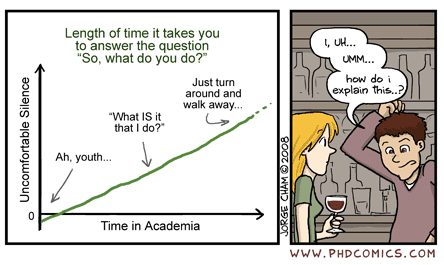
Avoid redundant data presentation when writing for journals. This can be achieved by carefully choosing which presentation form would best express your data. If data cannot be explained in three to four paragraphs, it is best to use illustrations. Graphs effectively present trends and relationships among variables.
Using statistical terms that have common meanings
Using the statistical words such as random, correlate, significant, and normal in non-technical parts of your journal article may confuse readers into what the meaning of your statements. Save statistical words for your materials and methods prose. All statistical terms should be defined if used in the Results section.
Presenting all the results of your research
Only include results that are relevant to your stated problem whether or not they support the hypothesis. This technique would also make a journal article more focused and specific.
Including only the references that agree with your research
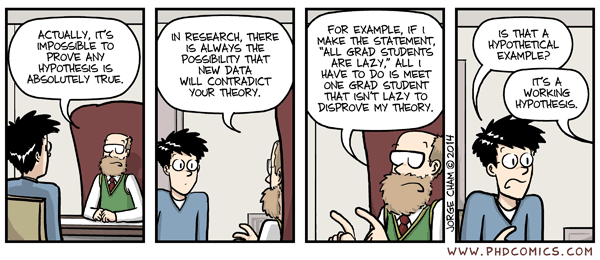
Journal manuscripts can be venues for discussion and scholarly disputes. Try to argue and provide enough data on why you don’t agree with previously published results and contribute another perspective to existing research.
Using one writing style for all your journal submissions
Journals do not follow a single format. While most of scholarly journals go by the IMRAD (Introduction-Methodology-Results-Discussion) format, it is best to check the corresponding guidelines/instruction to authors of your prospective journal to know about their style requirements.
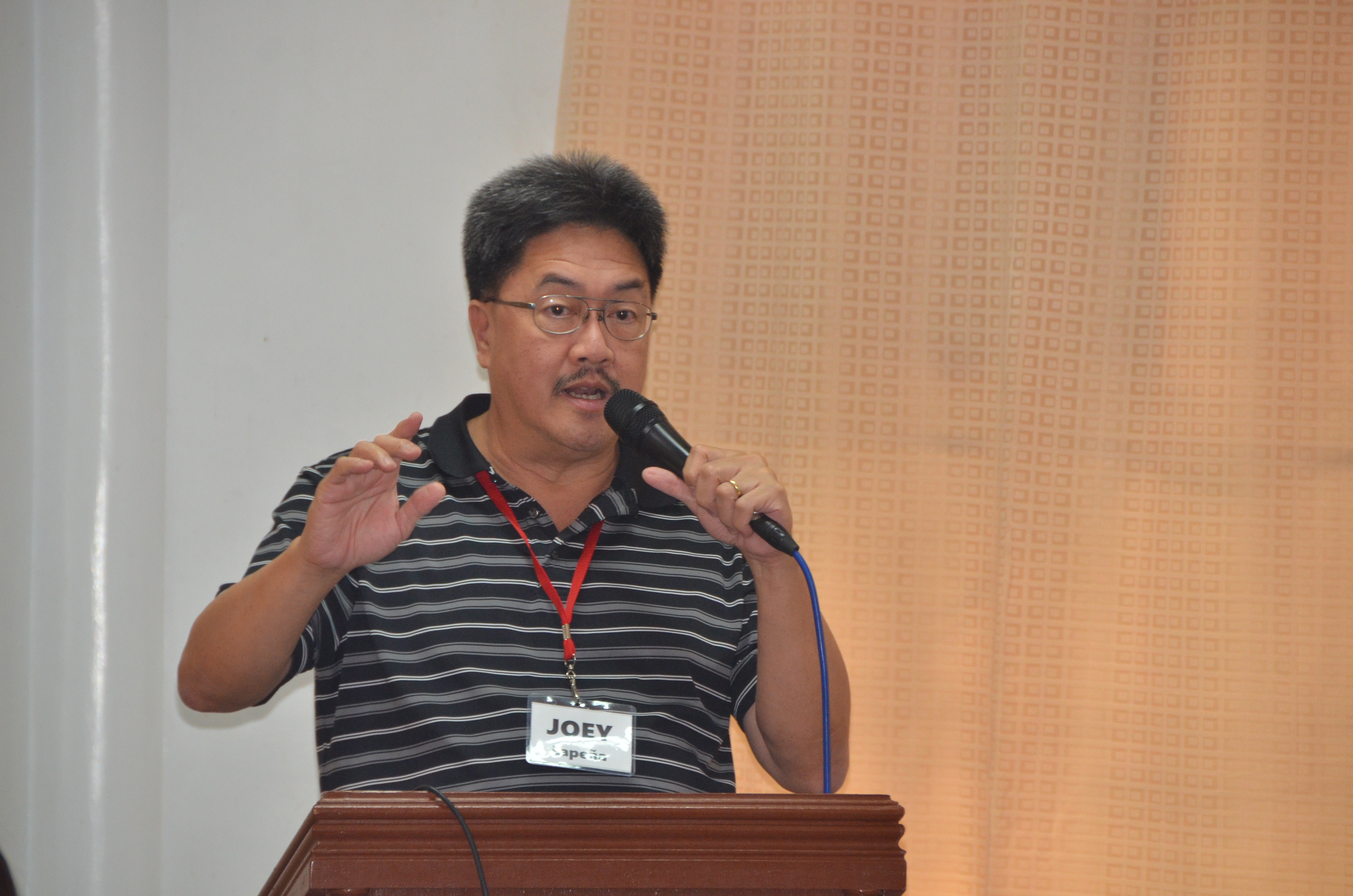 Journal articles should be short, sharp, and swift, says Dr. Jose Florencio Lapeña, President of the Philippine Association of Medical Journal Editors during his talk. A clear and concise journal manuscript is your best bet to get published.
Journal articles should be short, sharp, and swift, says Dr. Jose Florencio Lapeña, President of the Philippine Association of Medical Journal Editors during his talk. A clear and concise journal manuscript is your best bet to get published.
Dr. Jose Florencio Lapeña, Philippine Association of Medical Journal Editors President, lectures on how to prepare journal manuscripts for submission at the 11th National Medical Writing Workshop and 4th Writeshop for young Researchers
*taken from the presentations of the 11th National Medical Writing Workshop and 4th Writeshop for young Researchers' resource persons: Dr. Jose Florencio Lapeña, Dr. Wilfred CG Peh, and Dr. Cecilia C. Maramba-Lazarte
Engaging in health research activities and promoting research results are definitely a must for health researchers in the country.
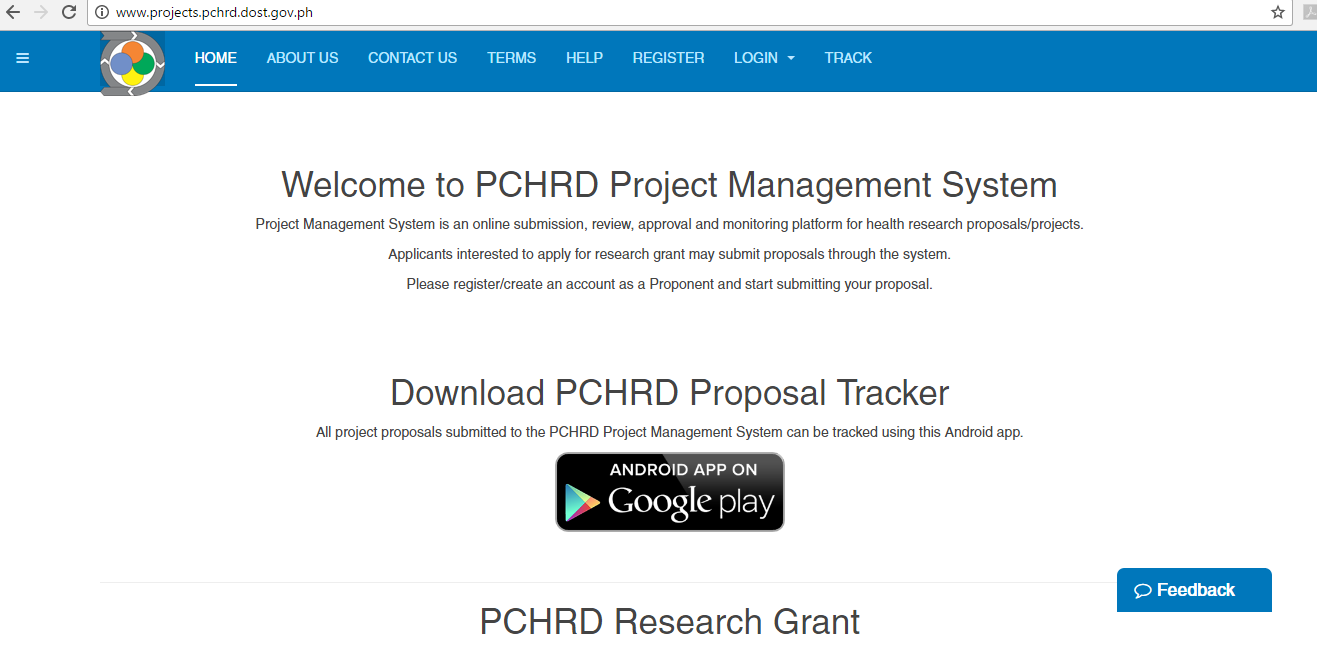
This is why, the Philippine Council for Health Research and Development (PCHRD), as the national coordinating body for health research, offers grant and scholarship services to develop and strengthen capacities for health research as well as ensure the dissemination and utilization of health research outputs.
Here are four grant and scholarship services that health researchers should know:
1. Research and Development (R&D) Grant
The Council funds research proposals aligned with the National Unified Health Research Agenda (NUHRA), the national template for health research and development efforts in the country which specifies the areas and topics that need to be addressed in line with global and national initiatives influencing the health sector.
2. Scholarship Grant
PCHRD supports scholarship programs for MS/PhD to sustain much needed health research human resource. In line with the Accelerated Science and Technology Human Resource Development Program (ASTHRDP) of the Department of Science and Technology (DOST), the Council evaluates applications and monitors progress of qualified scholars under the health sciences category.
3. PCHRD Scholar’s Society
With 300 graduates in medical and allied health disciplines produced, the Scholarship Program of the Council became a major strategy to develop a critical mass of health researchers in the country.
The PCHRD Scholar’s Society (PSS) was also organized and launched in 2007 to promote research productivity among new graduates and provide a venue for networking and exchanging health research information.
4. Regional Research Fund
Regional Research Fund (RRF) encourages new researchers to be actively involved in health research activities without having to compete with more experienced researchers. RRF projects are intended to increase capabilities of individual researchers in designing, implementing, and managing health research projects.
PCHRD also supports projects and activities on research dissemination such as publication, paper presentation, and events. To apply for grant/support, visit www.projects.pchrd.dost.gov.ph.
